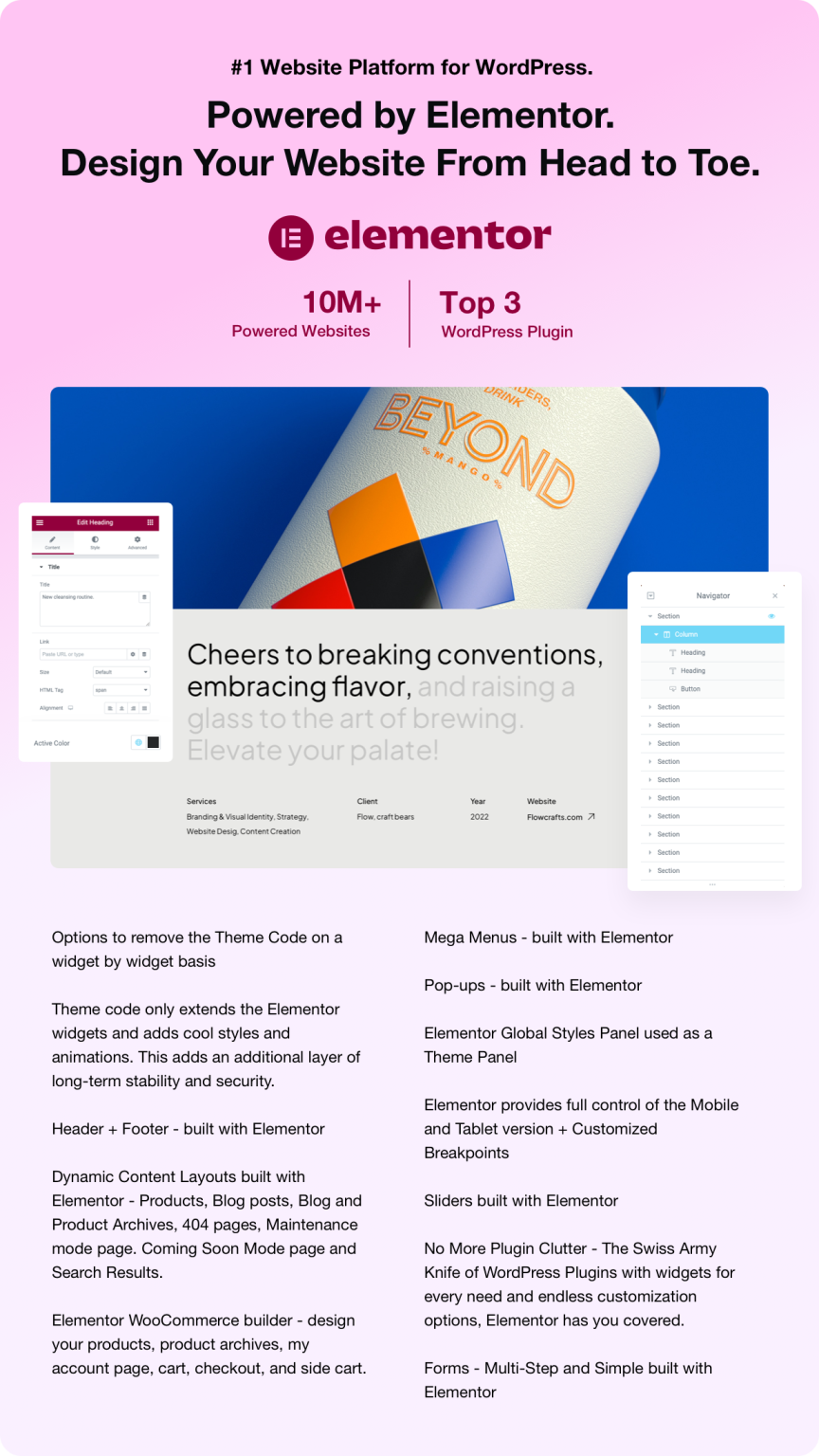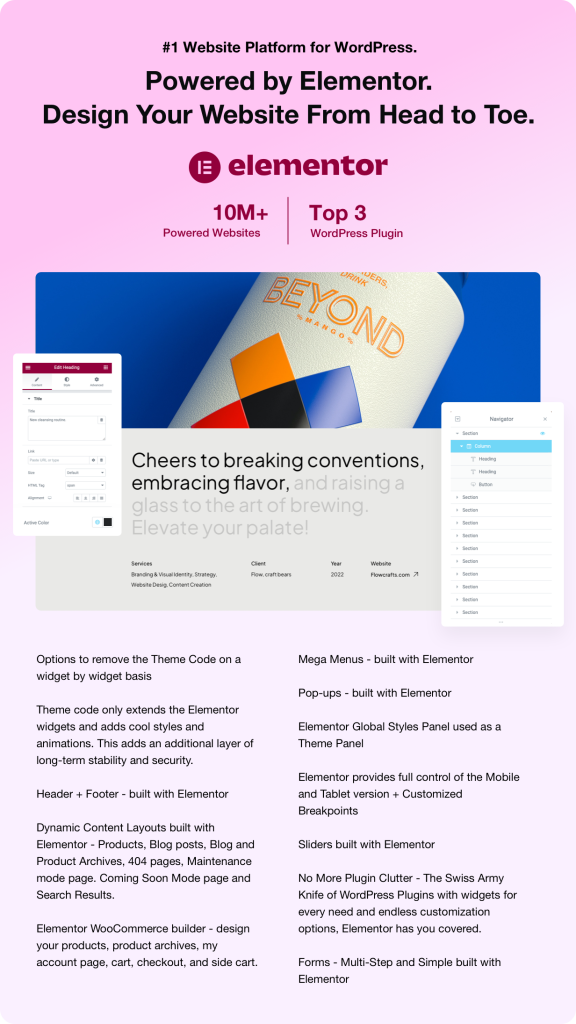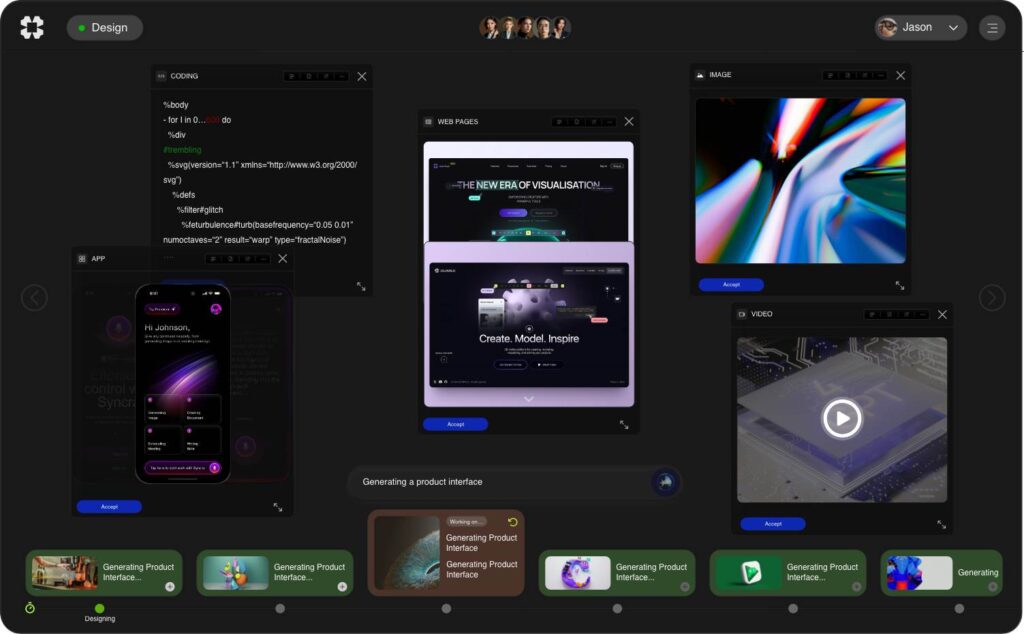Artificial Intelligence (AI) is rapidly transforming the way enterprises operate, particularly in the realms of sales automation and decision-making processes. Companies now leverage AI-driven solutions to enhance productivity, streamline operations, and gain actionable insights from vast amounts of data. In this article, we will explore the latest trends in AI solutions for enterprises, with a focus on sales automation and AI-driven decision making, ultimately showcasing their industry applications and use cases.
.
**The Evolution of AI Solutions for Enterprises**
The advent of AI has revolutionized various sectors across the globe, making businesses more agile and efficient. In particular, enterprises are beginning to recognize the immense value that AI solutions offer in reducing operational costs and improving customer interactions. As organizations strive to stay competitive, the integration of AI into their workflows has become essential.
Recent advancements in Natural Language Processing (NLP), machine learning, and predictive analytics have paved the way for AI applications that not only automate mundane tasks but also make complex decisions based on real-time data. As a result, companies are investing heavily in AI-driven technologies to revolutionize their operational processes.
.
**AI for Sales Automation: Streamlining the Sales Process**
Sales automation refers to the use of AI tools to automate repetitive tasks in the sales pipeline, allowing sales professionals to focus on building relationships and closing deals. AI-driven sales automation has emerged as a game-changer for many organizations, enabling them to optimize their sales strategies and improve their conversion rates.
One significant trend in AI for sales automation is the rise of chatbots. These AI-powered tools can handle inquiries round-the-clock, providing instant responses to potential customers while capturing valuable data about customer preferences and behavior. According to a report by Gartner, by 2025, 75% of customer service interactions will be powered by AI, ensuring faster resolutions and enhanced customer satisfaction.
.
Another pivotal AI solution is predictive analytics. By utilizing historical data, predictive analytics can identify trends and forecast future sales opportunities. For instance, Salesforce Einstein, a tool within the Salesforce platform, analyzes customer data to predict which leads are most likely to convert, allowing sales teams to prioritize their efforts effectively. Companies employing predictive analytics have reported a 20-30% increase in lead conversion rates, showcasing the tangible benefits of sales automation.
.
**AI-driven Decision Making: Data-Driven Insights for Enterprises**
Decision-making in businesses has traditionally relied on intuition and experience. However, with the explosion of big data, it has become increasingly challenging to derive clear insights without the help of technology. AI-driven decision-making tools are changing the game by providing organizations with data-driven insights that are both actionable and precise.
Machine learning algorithms, part of the AI spectrum, analyze vast amounts of data to uncover patterns that would be impossible for a human to detect. For example, companies like IBM have developed Watson, an AI system that can analyze unstructured data to deliver accurate insights in real-time. Organizations across sectors, including healthcare, finance, and manufacturing, are leveraging Watson to improve their decision-making processes.
.
A noteworthy application of AI-driven decision-making is in supply chain management. Companies like Amazon have integrated machine learning algorithms to predict product demand, optimize inventory levels, and enhance delivery routes. This level of agility not only reduces operational costs but also increases customer satisfaction through timely deliveries.
.
**Case Studies: Real-world Applications of AI Solutions in Enterprises**
To illustrate the power of AI solutions for enterprises, it is essential to look at real-world applications that highlight their effectiveness.
**Case Study 1: Coca-Cola’s AI-Driven Marketing**
Coca-Cola has harnessed AI to revamp its marketing strategies. By analyzing consumer preferences, the company has successfully launched targeted promotional campaigns that resonate with its audience. Their AI system collects data from multiple sources, including social media and customer feedback, to tailor its beverage offerings. This data-driven approach has led to an increase in customer engagement and sales.
.
**Case Study 2: Unilever’s Predictive Analytics**
Unilever, a leading consumer goods company, has implemented AI-powered predictive analytics to enhance its supply chain efficiency. By accurately forecasting product demand, the company optimizes its inventory and reduces waste significantly. As a result, Unilever has achieved cost savings while simultaneously meeting customer demands, showcasing the effectiveness of AI in decision-making processes.
.
**Challenges and Solutions in Implementing AI Solutions**
While AI solutions present numerous opportunities, organizations face several challenges during implementation. One of the most significant issues is data quality. AI systems rely on clean, accurate data; thus, companies must invest in data management practices to ensure the integrity of the information being fed into their AI-driven tools.
Moreover, resistance to change within an organization can hinder the successful adoption of AI technologies. Employees may fear that automation will replace their jobs. To address these concerns, organizations should communicate the benefits of AI solutions transparently and invest in reskilling their workforce to facilitate a smooth transition.
.
**The Road Ahead: Future Trends in AI Solutions for Enterprises**
Looking to the future, several trends are shaping the landscape of AI solutions for enterprises. One area of potential growth is Augmented Intelligence, which refers to AI systems that enhance human decision-making rather than replace it. This synergistic relationship enables employees to make more informed decisions while still benefiting from AI’s analytical capabilities.
Additionally, the integration of AI with the Internet of Things (IoT) will provide organizations with real-time data that can be leveraged for timely decision-making. As smart devices proliferate, businesses will gain greater insights into operational processes, enhancing their ability to respond swiftly to market changes.
.
**Conclusion: Embracing AI for a Competitive Edge**
The integration of AI solutions into enterprise operations is no longer a matter of “if” but “when.” As companies embrace AI for sales automation and decision-making, they unlock a plethora of opportunities to optimize their strategies, increase efficiency, and drive growth. The real-world case studies showcased in this article highlight the tangible benefits that can be derived from AI-powered solutions.
To stay ahead in an increasingly competitive landscape, businesses must prioritize their investment in AI technologies and foster a culture of innovation. By doing so, they can ensure that they not only survive but thrive in the era of digital transformation.
.
In conclusion, as AI continues to evolve, its impact on enterprises will only grow stronger. The key will be understanding how to harness this potent technology effectively, allowing organizations to navigate the complexities of the modern business environment. By adopting AI solutions for sales automation and AI-driven decision-making, companies can achieve unparalleled success and remain competitive in their respective industries.
**Sources:**
– Gartner (2020). “Gartner Says 75% of Customer Service Interactions Will Be Powered by AI.”
– Salesforce (2021). “How Salesforce Einstein Helps Businesses Automate Sales.”
– IBM (2021). “Future of AI: The Role of IBM Watson in Business Decision-Making.”
– Coca-Cola Company (2022). “How Coca-Cola Leveraged AI for Enhanced Marketing Strategies.”
– Unilever (2021). “Predictive Analytics in Supply Chain: Unilever’s Success Story.”





















